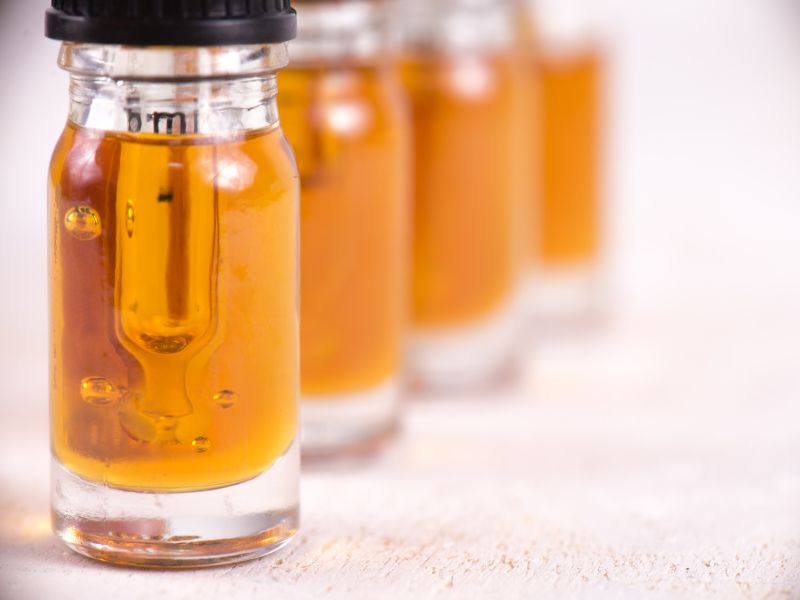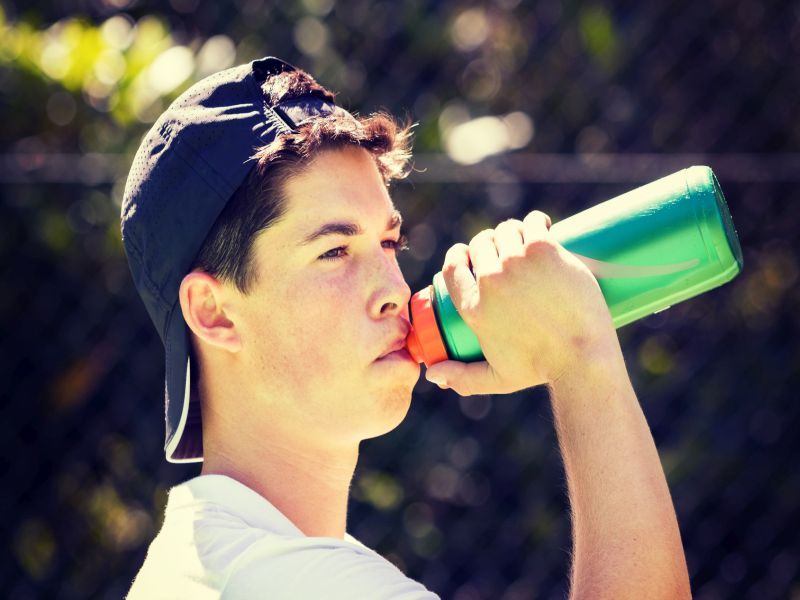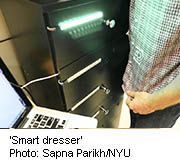
A “well” visit to her ob-gyn can benefit a woman’s heart, two leading U.S. medical groups say. “As the leading health care providers for women, ob-gyns provide care that goes far beyond reproductive health and are in a unique position to screen, counsel and educate patients on heart health,” said Dr. Haywood Brown, immediate past… read on >




























